overleaf template galleryLaTeX templates and examples — Recent
Discover LaTeX templates and examples to help with everything from writing a journal article to using a specific LaTeX package.
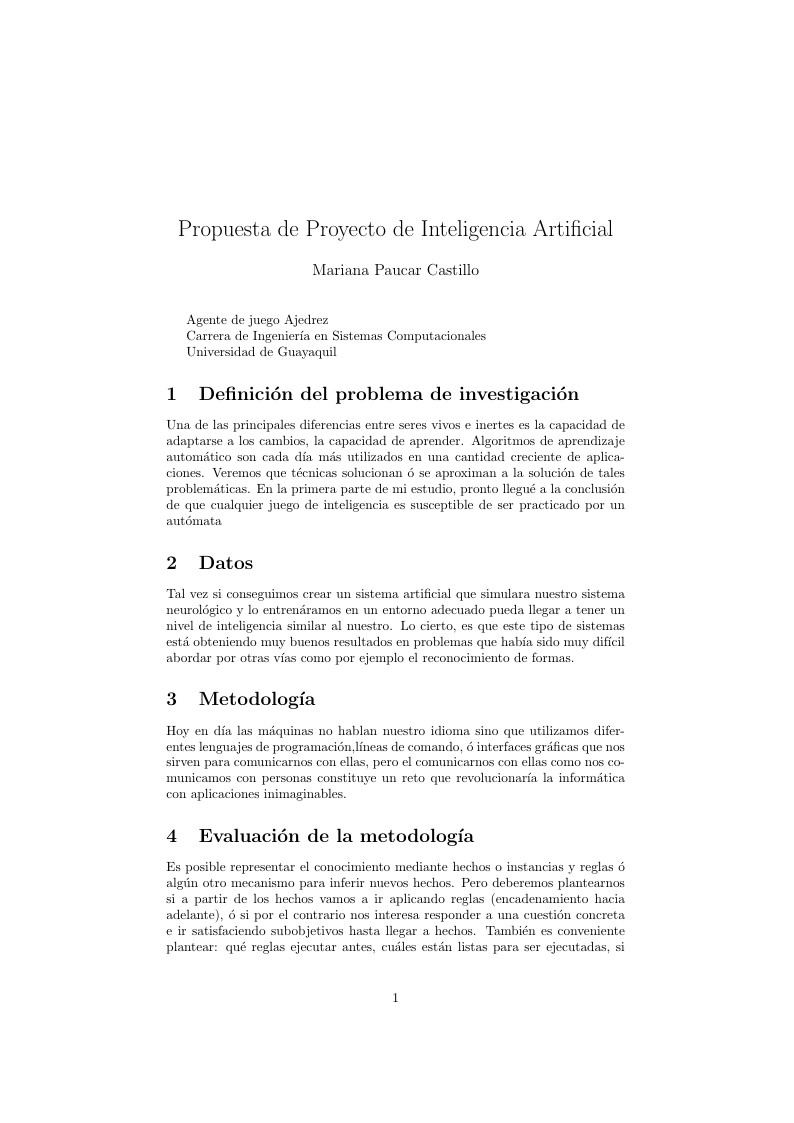
juego de ajedrez
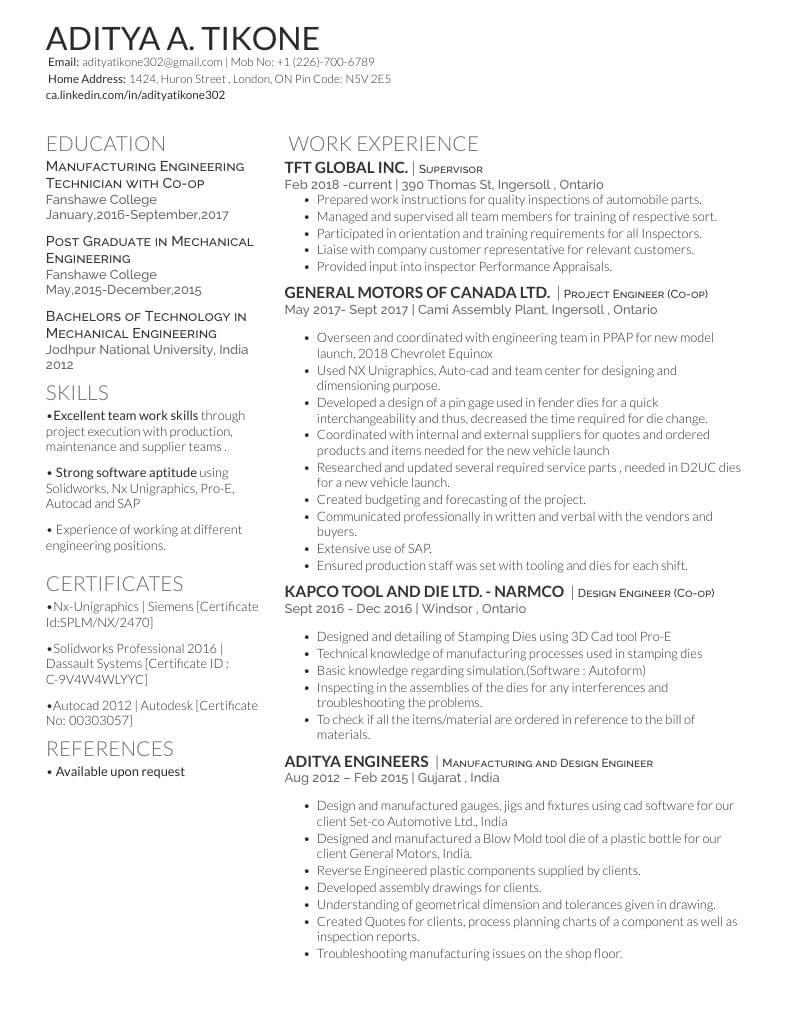
Aditya Tikone's résumé. Created based on the Deedy CV template.
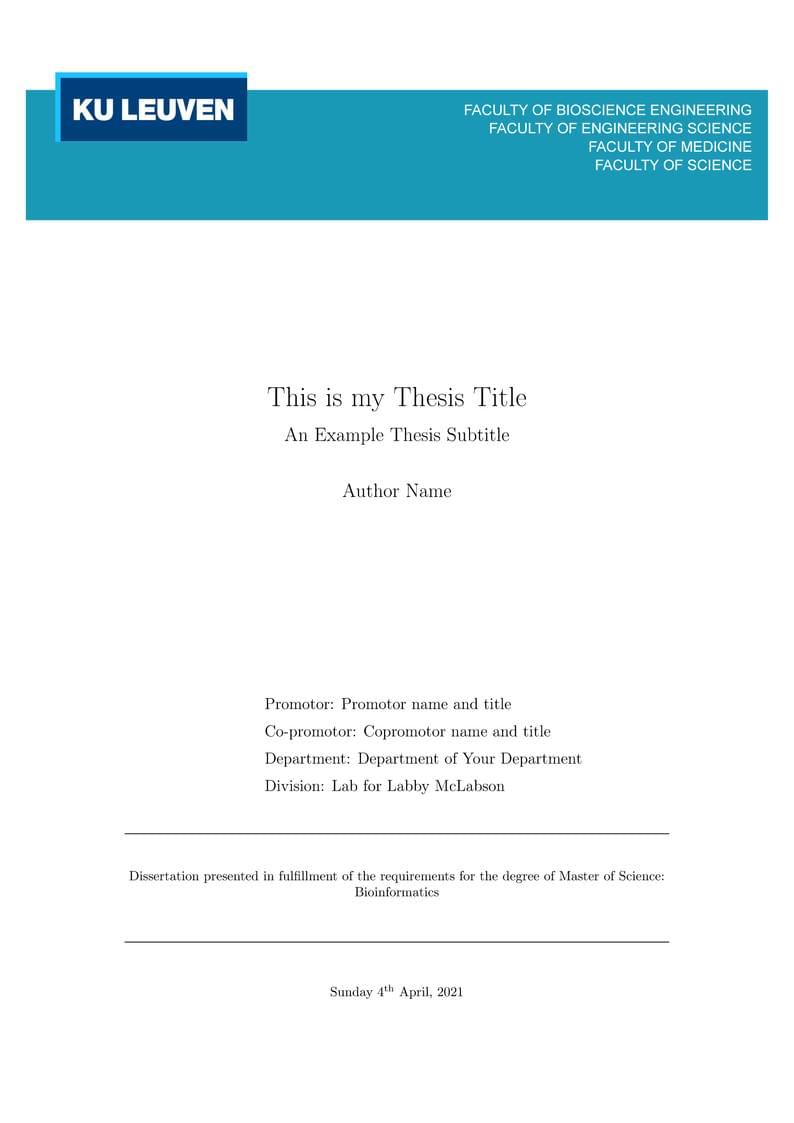
A template for the bioinformatics masters thesis at KU Leuven.
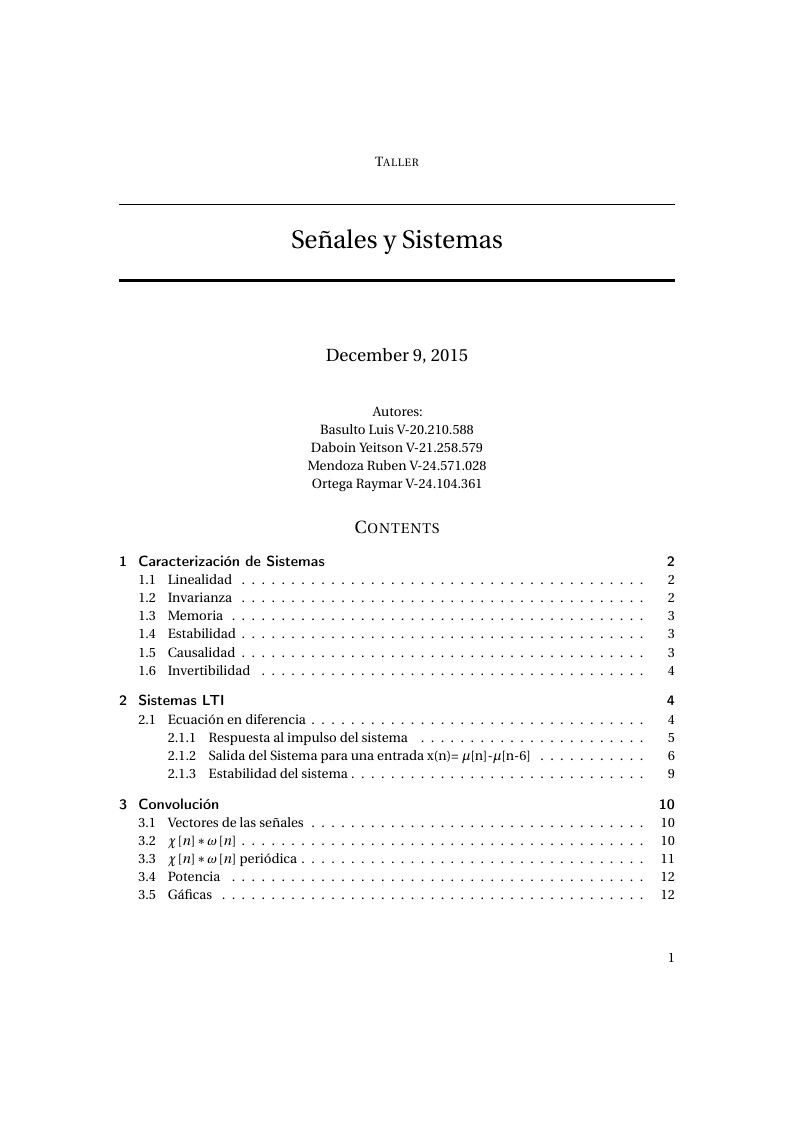
Señales y Sistemas
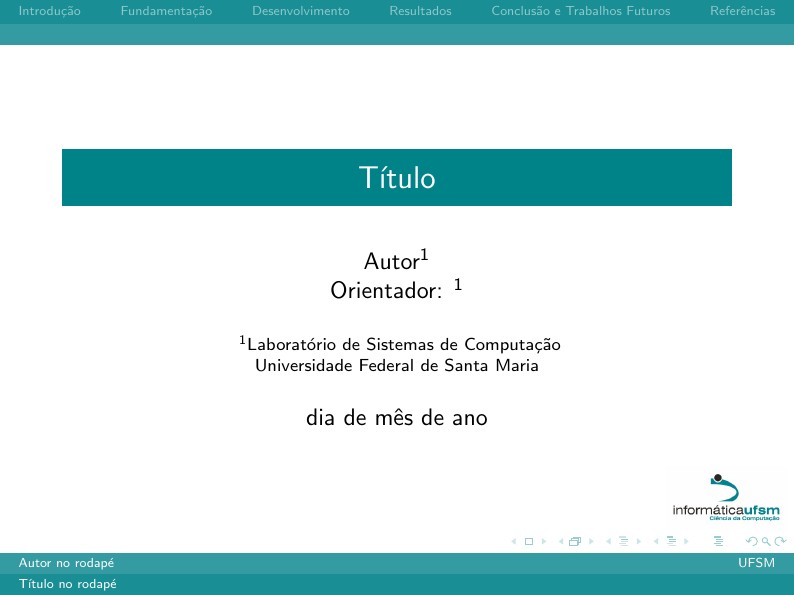
Modelo de apresentação do Laboratório de Sistemas de Computação da UFSM.
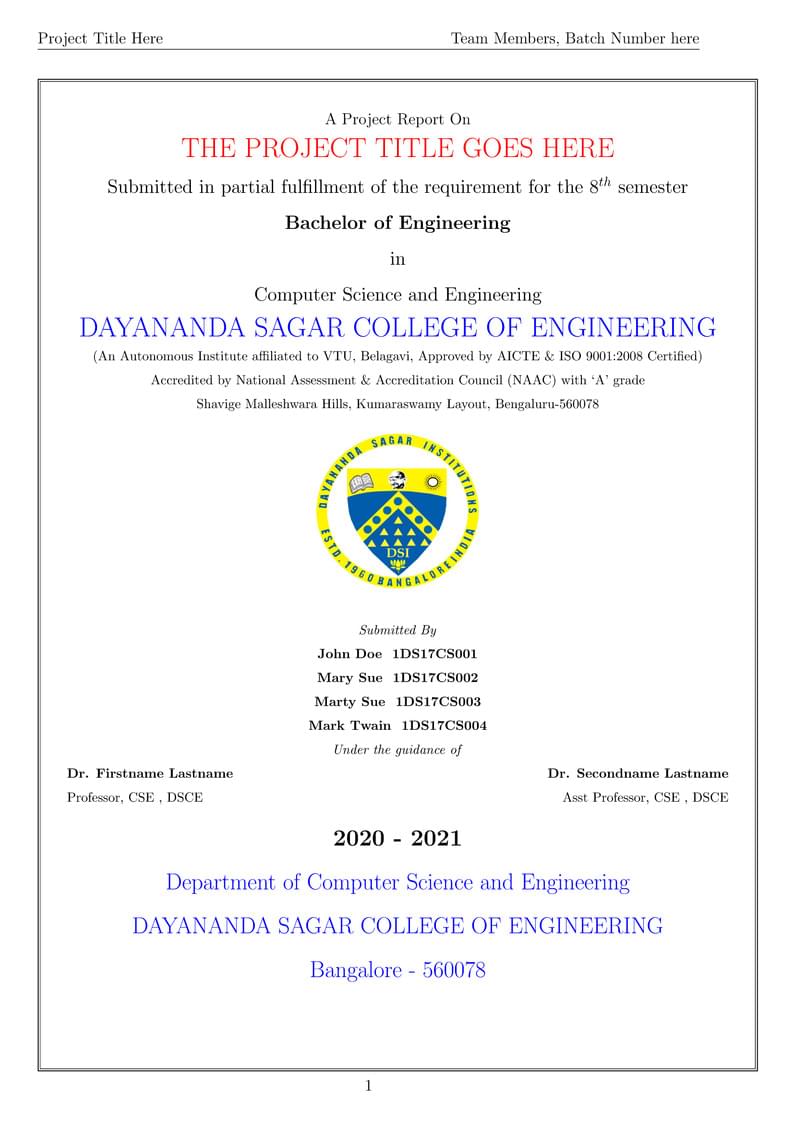
A Template for a Bachelor of Engineering Final Year Project report for Dayananda Sagar College of Engineering.
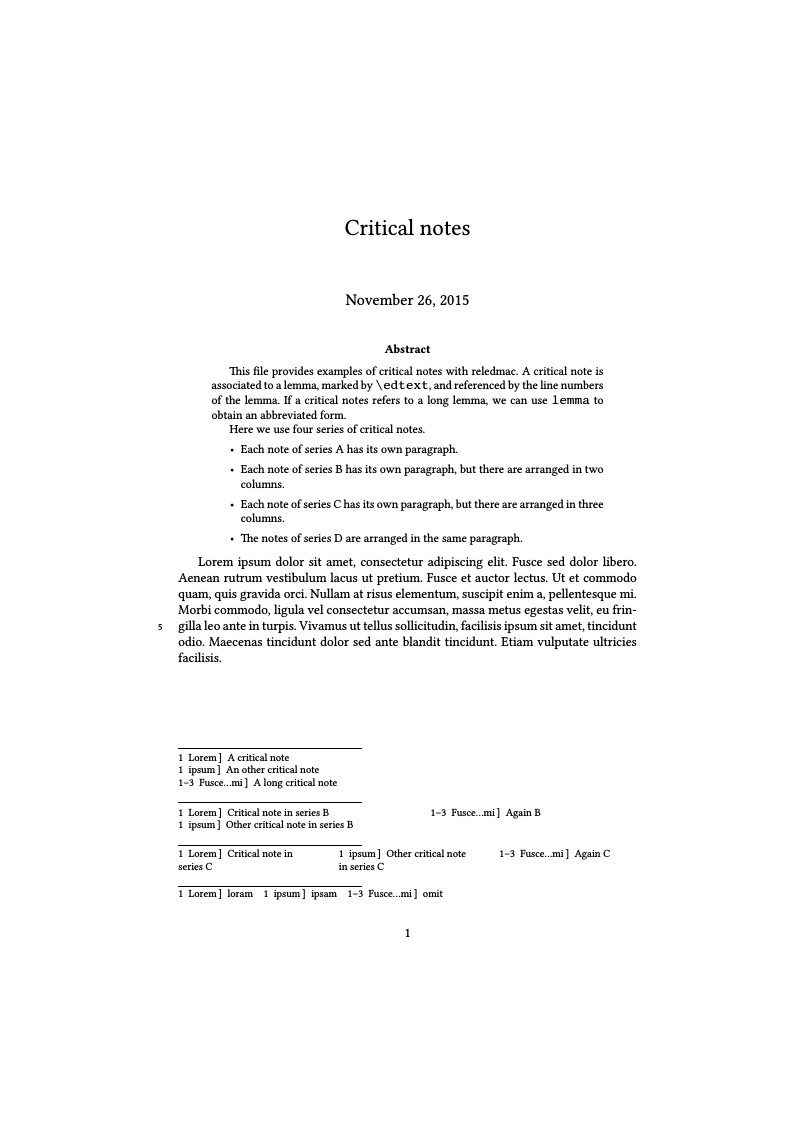
reledmac is a package for typesetting scholarly critical editions, replacing the established ledmac and eledmac packages. The package supports indexing by page and by line numbers, and simple tabular- and array-style environments.
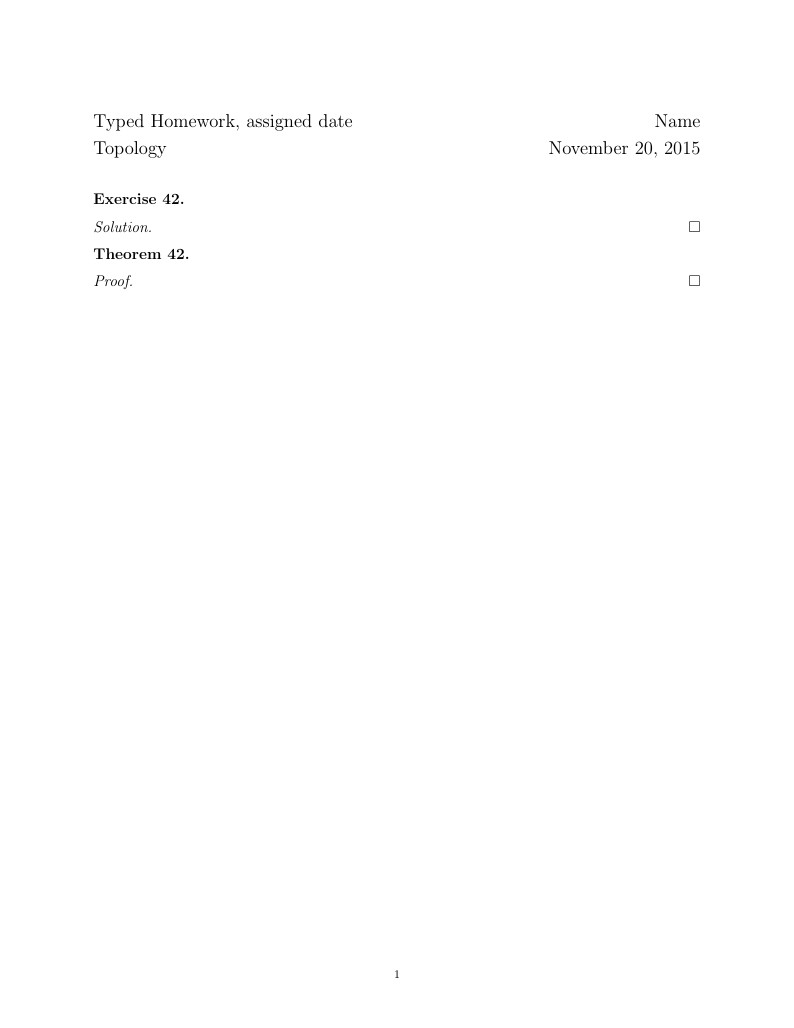
This is a template for students enrolled in MAT434 at DePaul University.
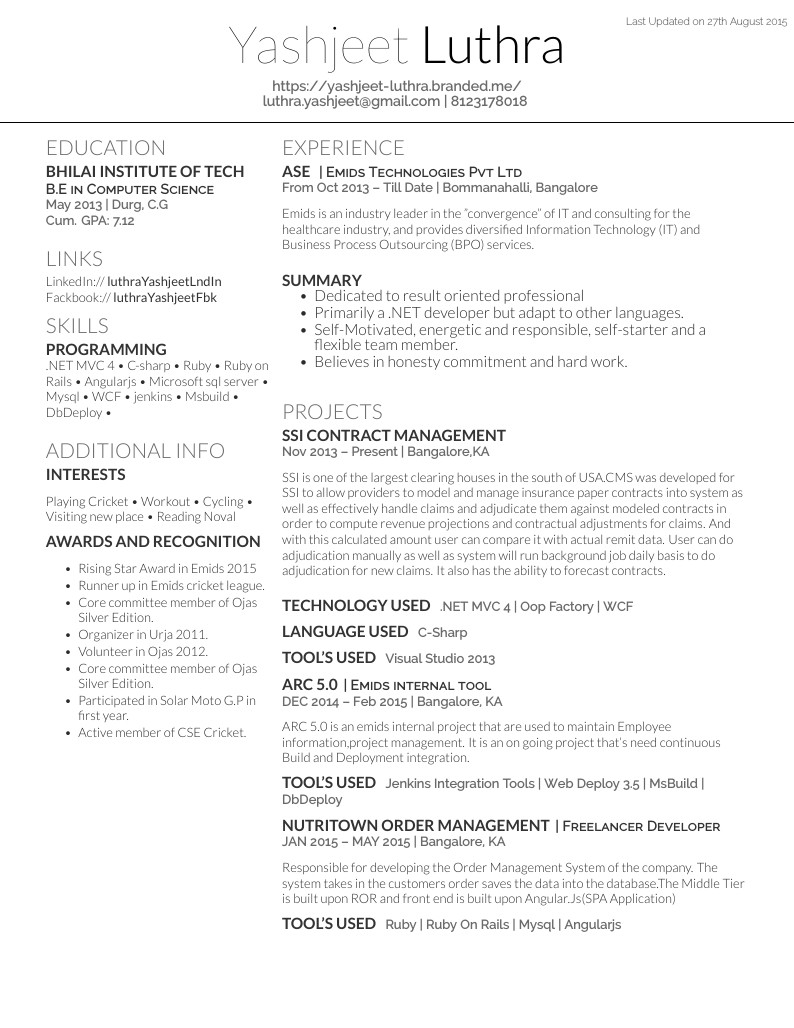
Created using the Deedy - One Page Two Column ResumeLaTeX Template by Debarghya Das, from https://github.com/deedydas/Deedy-Resume. IMPORTANT: THIS TEMPLATE NEEDS TO BE COMPILED WITH XeLaTeX
\begin
Discover why over 25 million people worldwide trust Overleaf with their work.